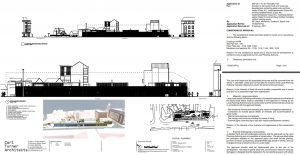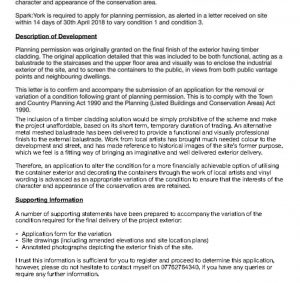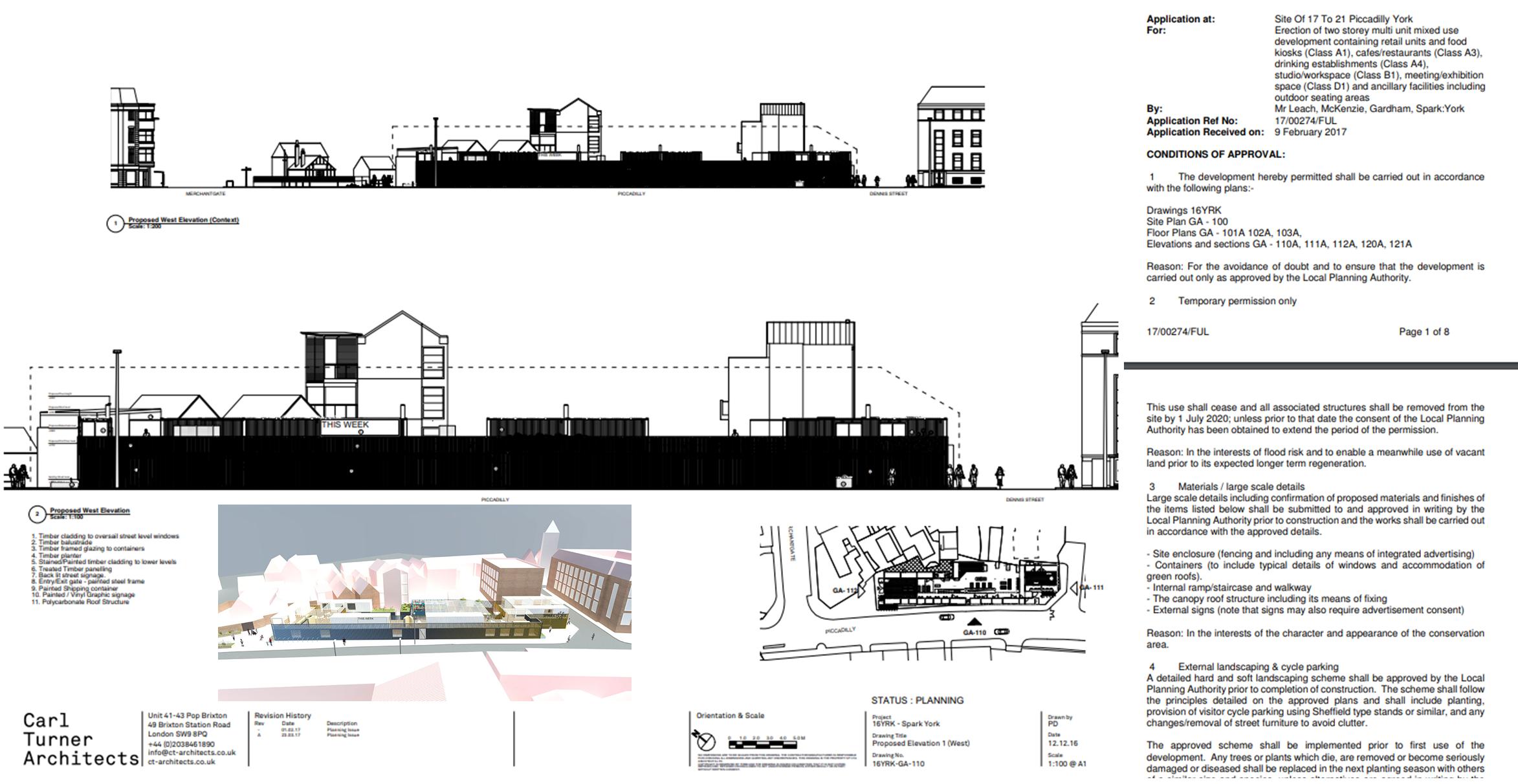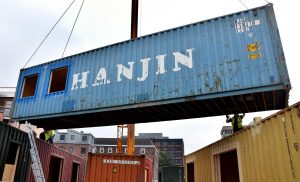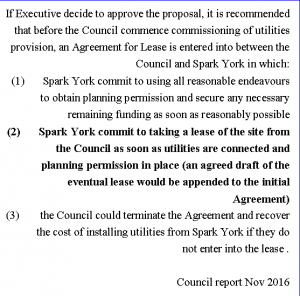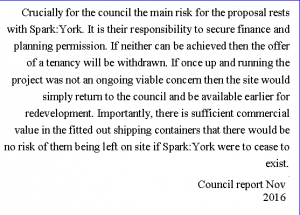
There has been an angry response to the planning committees decision to extend the planning permission for the Spark container village on Piccadilly. They agreed to a 2 year extension although the government was only suggesting a 12 month, post COVID-19, relaxation.
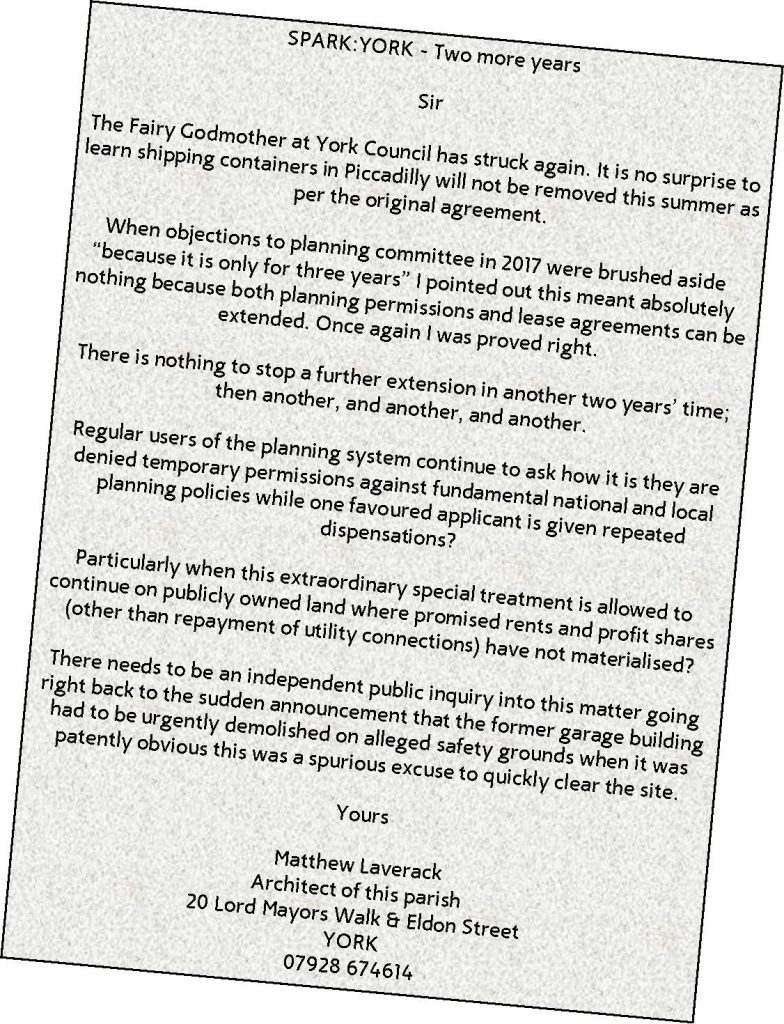
A prominent local architect Matthew Laverack has now written to the media to criticise the decision (right).
It has been claimed that some members did not declare an interest in the application despite close contacts with the applicants. Several are believed to be customers of the establishment. Some had made representations in favour of an extension of the lease on the site while others were executive members covered by the code of collective responsibility.
This has prompted allegations of cronyism and a complaint has been lodged under the Councillors “code of conduct.” It is likely that the investigation into any such complaints would take months to resolve. Spark will be able to continue to trade in the interim, provided that they adhere to the terms of the planning consent and fulfil the requirements of the proposed lease extension.
Spark have yet to make any net rent or profit share payments. When last published, some business rates payments were also outstanding. The businesses modest contribution had not even covered the costs to the taxpayer of providing services to the site.
In 2016 Spark had forecast a surplus of £213,000 on operations over a 3 year period.
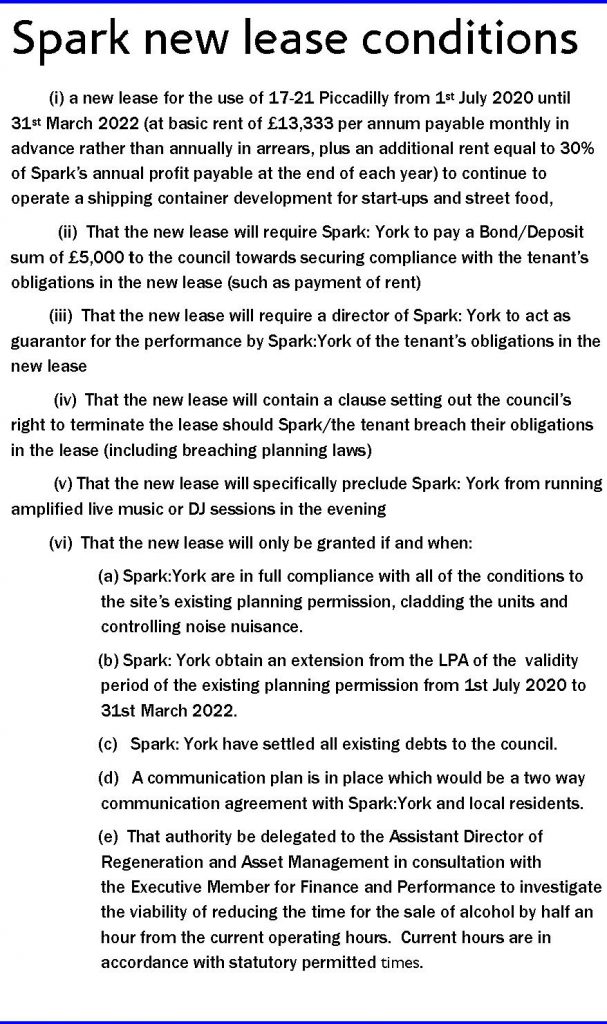
Cllr Nigel Ayre agreed at a meeting which took place on 14th February to renew the Spark lease for 2 years. However, in the light of the large number of complaints from residents and the failure of Spark to make payments to the Council, several conditions were imposed (see left) .
The current lease has ended so the business is operating on a “tenancy at will”.
Taxpayers will be looking very closely over the next few weeks to see whether all the lease conditions have been fulfilled.
If not then the site will need to be cleared.
Even if only used for car parking, it would at least bring in an income for the Council. It could provide, in what are difficult times, accessible spaces which could benefit other City centre small traders not least those operating in the Shambles market. .
Sadly the impending recession means that the opportunity to permanently redevelop the Piccadilly site for the benefit of the City may have passed the Council by for now at least.

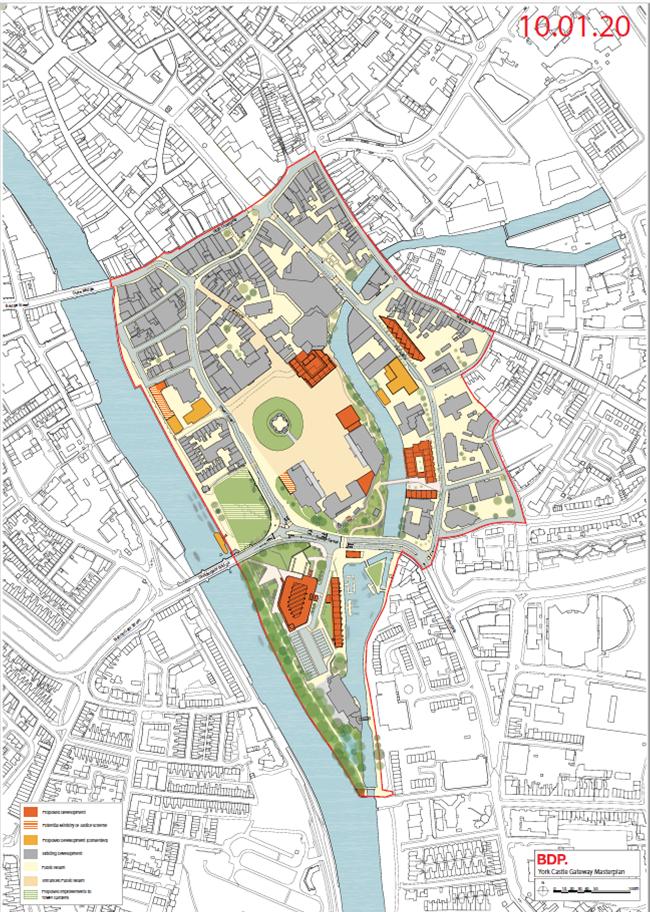
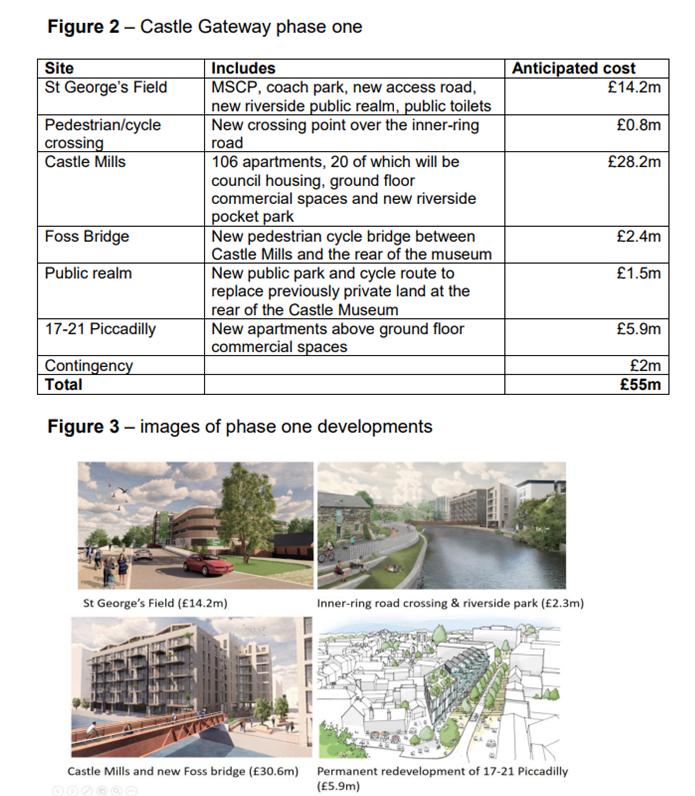
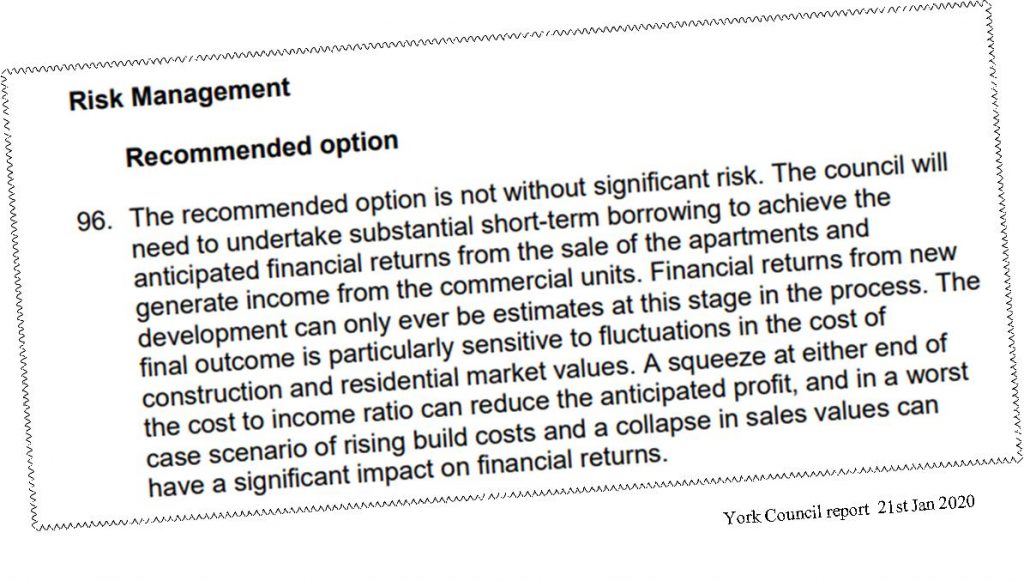

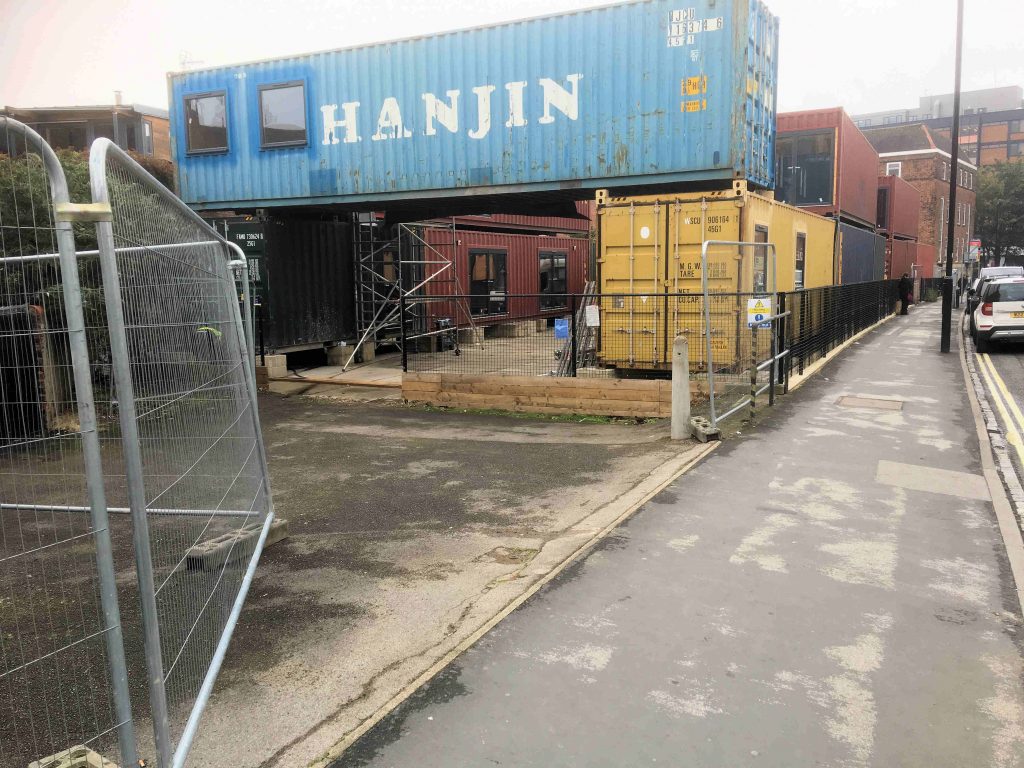
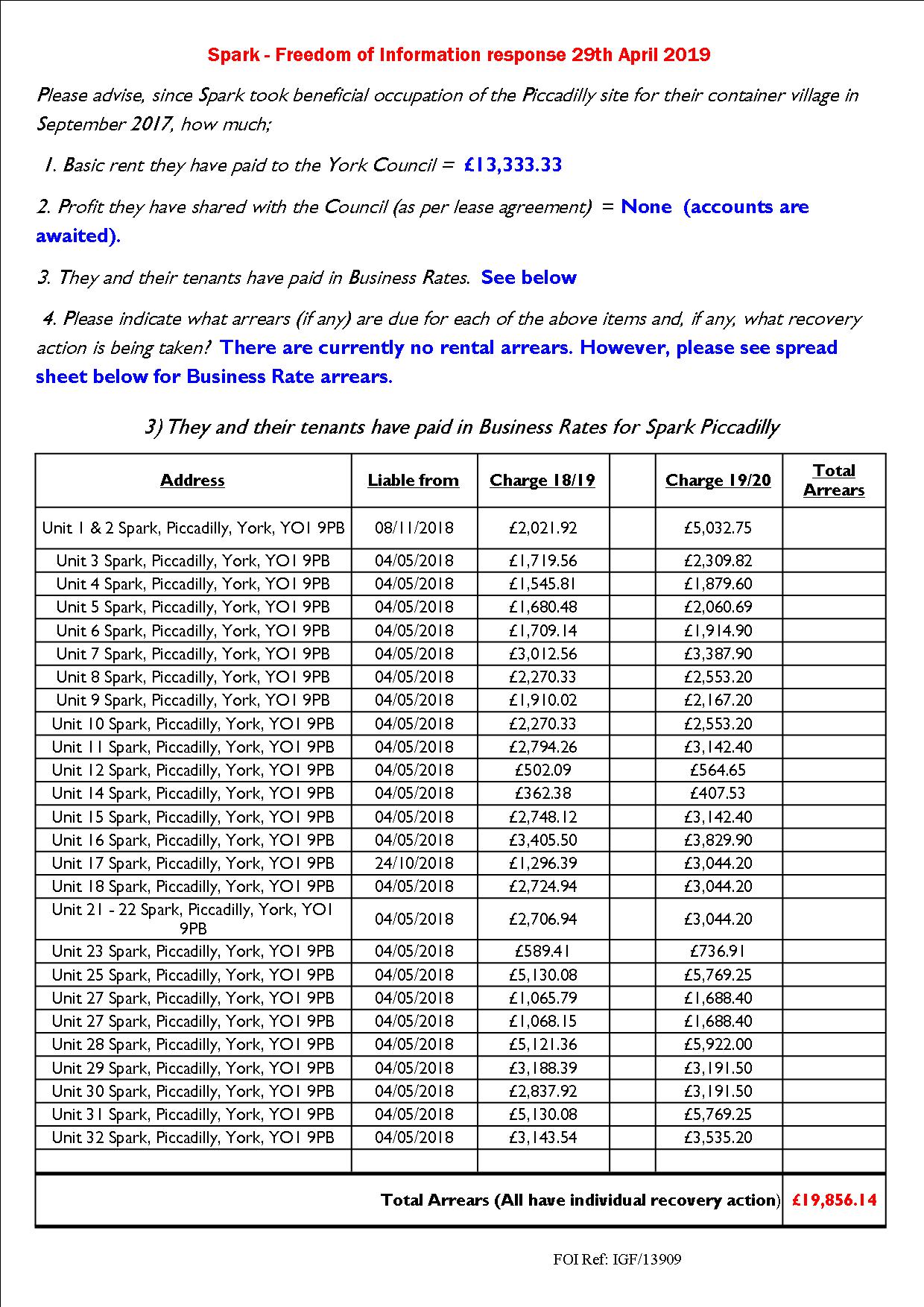

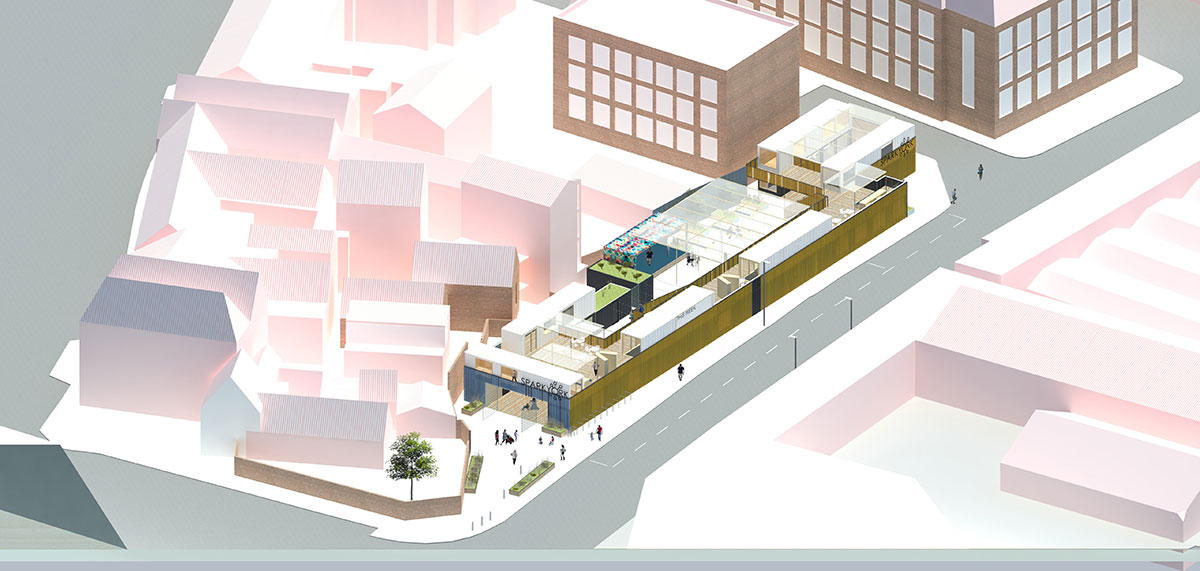 Officials are proposing to turn a blind eye to the failure of the operators of the Spark container village to implement planning conditions.
Officials are proposing to turn a blind eye to the failure of the operators of the Spark container village to implement planning conditions.